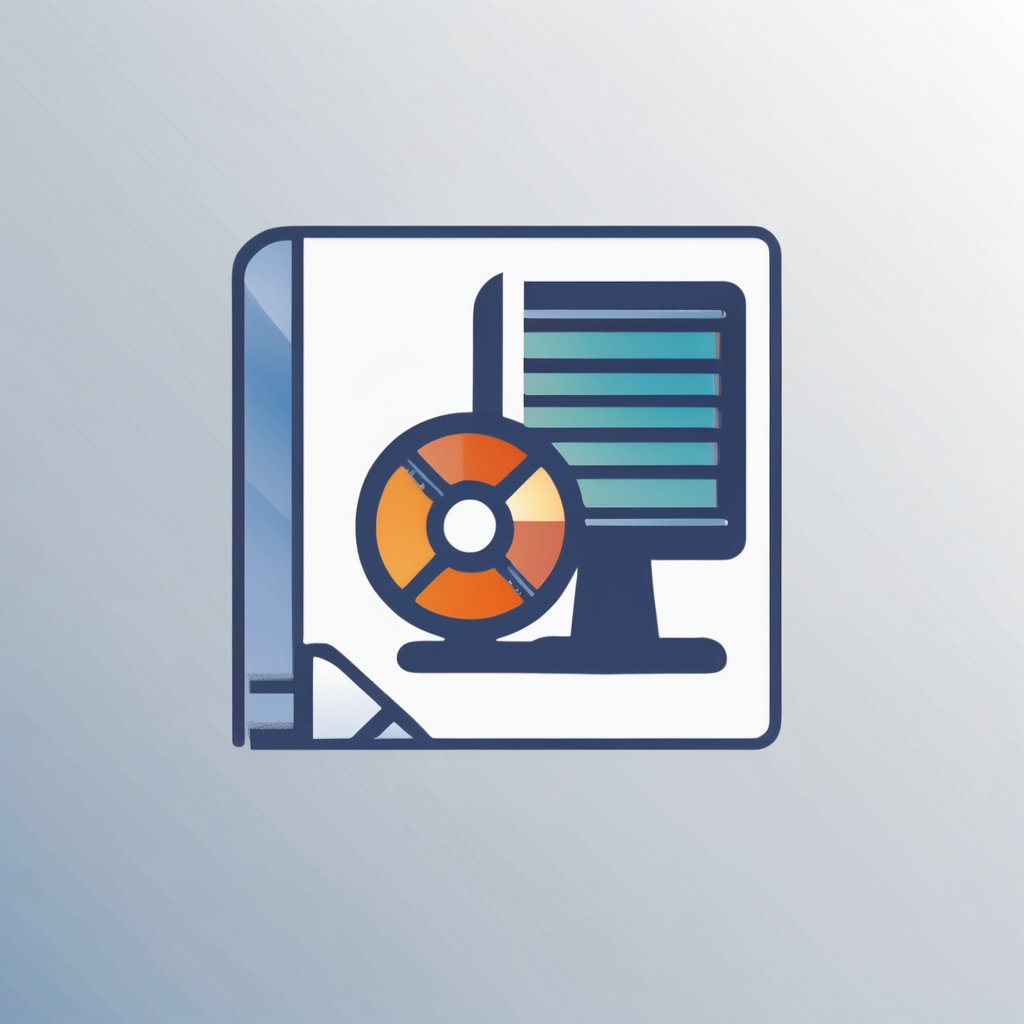UK Computing Innovations Shaping the Future of Internet Security
The UK is at the forefront of computing innovation, driving significant advancements in internet security technologies that promise to reshape the digital landscape. Among the most notable UK computing advancements are breakthroughs in quantum computing, artificial intelligence (AI), and sophisticated cybersecurity frameworks. These technologies collectively enhance the ability to detect, prevent, and mitigate cyber threats more effectively than ever before.
Quantum computing in the UK is progressing rapidly, offering new possibilities for secure data encryption and decryption methods that are virtually uncrackable by conventional means. This innovation promises to safeguard sensitive information against future attacks enabled by more powerful computing systems. Alongside quantum efforts, UK experts leverage AI to create adaptive security solutions capable of learning from evolving cyberattack patterns. AI-driven models can analyze vast amounts of data in real time, identifying anomalies and potential breaches with remarkable accuracy.
In parallel : How Can UK Internet Users Protect Their Privacy Online?
Leading the charge are pioneering organisations such as research institutions and private tech companies committed to advancing cybersecurity infrastructure. Alongside them, government initiatives provide critical funding and strategic direction to ensure the UK maintains its robust position in secure computing development. These collaborative efforts underscore a clear motivation: as cyber threats become increasingly sophisticated, there is an urgent need to invest in technologies that protect both national interests and private sector data.
In summary, the UK’s commitment to computing innovation is driving a revolution in internet security technologies. By prioritizing quantum computing, AI, and cutting-edge cybersecurity measures, the nation is not only enhancing its digital defenses but also setting global standards for secure computing. This investment is essential to stay ahead in the ongoing fight against cybercrime and to support a safe, resilient digital future.
This might interest you : What are the implications of digital transformation for UK companies?
Quantum Computing and Its Impact on Cybersecurity
Quantum computing UK initiatives have rapidly advanced, positioned at the forefront of global research efforts. Several UK tech impact projects focus on developing quantum processors capable of solving problems beyond classical computers’ reach. These breakthroughs are critical because quantum computers can potentially crack traditional encryption methods, raising significant concerns in quantum cybersecurity.
The core of this impact lies in quantum computers’ ability to execute complex calculations simultaneously, exploiting quantum bits or qubits. Unlike classical bits, qubits can represent both 0 and 1 at once thanks to quantum superposition. This feature threatens current cryptographic systems, which rely on the infeasibility of factoring large numbers or computing discrete logarithms—the basis of most encryption protocols. In the UK tech landscape, researchers actively explore post-quantum cryptography algorithms designed to withstand quantum attacks, ensuring long-term data security.
Despite promising advantages, early adoption challenges remain. The technology is still nascent, requiring substantial advancements to achieve practical and scalable quantum hardware. Moreover, quantum cybersecurity faces vulnerabilities from side-channel attacks and hardware imperfections. The UK’s research centres tackle these hurdles by combining quantum-resistant encryption methods with quantum hardware improvements, creating a layered defence strategy. This proactive approach is crucial for safeguarding sensitive information as quantum computing transitions from experimental labs to real-world applications.
In summary, the ongoing developments in quantum computing UK efforts are poised to reshape cybersecurity fundamentally. Acknowledging both the transformative potential and the inherent challenges allows organisations and governments to prepare for a future where quantum technology is integral to secure communication and data protection.
Artificial Intelligence in Enhancing Internet Security
Exploring the role of AI in revolutionizing cybersecurity
Artificial Intelligence (AI) plays a pivotal role in AI cybersecurity UK, leading advancements that strengthen defenses against evolving cyber threats. By leveraging machine learning security techniques, systems can analyze vast amounts of data to detect anomalies and malicious activities faster than traditional methods. This proactive threat detection enables organisations to respond in real-time, significantly reducing potential damage.
The UK has emerged as a hub for UK AI innovation, with numerous startups and governmental bodies collaborating to develop AI-driven cybersecurity tools. These solutions excel in identifying patterns indicative of breaches, learning continuously to improve accuracy. However, challenges remain; AI systems depend heavily on quality data and can be vulnerable to adversarial attacks designed to deceive algorithms.
A notable example includes UK AI startups partnering with government agencies to deploy machine learning security frameworks that automatically flag suspicious network behaviours. These initiatives exemplify how combining AI expertise with national security priorities enhances resilience against cyber attacks, marking the UK as a leader in this critical field.
Real-World Applications and Industry Examples
The adoption of advanced cybersecurity measures is increasingly evident among UK tech companies striving to protect sensitive data and maintain user trust. Many leading firms leverage next-generation security technologies, such as AI-driven threat detection and zero-trust architectures, to respond proactively to evolving cyber threats. These technologies are not only preventing breaches but also minimizing the potential downtime and financial losses often associated with attacks.
In the public sector, there has been significant progress in digital safety improvements. Government agencies and public bodies implement robust encryption and continuous monitoring protocols to protect citizen data. This proactive stance strengthens resilience against cyberattacks while ensuring compliance with stringent data protection regulations like GDPR, which directly impacts end-user privacy.
The real-world impact of these security enhancements extends to individuals through enhanced privacy safeguards. End-users benefit from improved data protection practices, limiting unauthorized access and potential misuse of personal information. These developments exemplify the UK’s commitment to fortifying its digital infrastructure, fostering trust in both private and public sector services.
Together, these case studies illustrate the vital role of cybersecurity modernization in protecting both organizations and citizens, reinforcing the UK’s position as a leader in secure digital innovation.
Expert Perspectives on Emerging Security Trends
Leading cybersecurity expert opinions in the UK highlight a rapidly evolving threat landscape driven by increased digital reliance. Researchers emphasize that UK security trends are moving toward more sophisticated attacks exploiting AI and IoT vulnerabilities. These experts warn that future cybersecurity challenges will demand adaptive, intelligent systems capable of real-time threat detection and response.
Policymakers and security professionals predict the internet security infrastructure will increasingly incorporate automation and machine learning algorithms. This shift is seen as essential to counteract the growing volume and complexity of cyberattacks targeting both public and private sectors.
Key recommendations for businesses include investing in continuous employee training and deploying robust endpoint protection. Individuals are advised to adopt multi-factor authentication and regularly update devices to mitigate risks. These measures, 전문가 suggest, form the frontline defense against the imminent waves of cyber threats shaping future UK security trends.
Risks, Ethical Considerations, and Future Challenges
Understanding UK computing risks involves recognizing that advanced technologies, while improving capabilities, also introduce new vulnerabilities. For example, increased interconnectivity in devices can expand attack surfaces, making systems more susceptible to exploitation. Anticipating these developments is vital to maintaining robust security frameworks.
Ethical cybersecurity concerns pivot around balancing privacy rights with enhanced security measures. Implementing comprehensive monitoring tools can significantly deter cyber threats; however, it risks infringing on individuals’ privacy. Policymakers and technologists must navigate these competing interests carefully, ensuring that security improvements do not erode civil liberties.
As we look ahead, future internet security risks are expected to grow in complexity with the adoption of artificial intelligence and quantum computing. Preparing for this evolving threat landscape requires adaptive strategies that can respond dynamically to emerging challenges. This includes continuous updates to security protocols and proactive risk assessment to mitigate potential attacks before they happen.
Overall, addressing these aspects demands a multi-faceted approach that incorporates ethical considerations and anticipates changing UK computing risks to safeguard digital environments effectively.
Key Features of Robot Hoovers
Understanding the key features of robot hoovers is crucial for choosing the right model that fits your needs. Robot hoovers use advanced sensors and mapping technology to navigate your home efficiently, cleaning floors without constant supervision. Many models offer schedule programming, allowing the device to clean at specific times even when you’re not home.
A standout feature is the ability to handle different surfaces, from hardwood to carpet, automatically adjusting suction power for optimal cleaning. Some robots include HEPA filters to capture fine dust and allergens, improving indoor air quality. In terms of battery life, high-capacity batteries enable longer cleaning sessions, often lasting up to two hours or more before needing a recharge.
Many robot hoovers support app control, giving you remote access to start, stop, or redirect cleaning. Voice assistant compatibility with platforms like Alexa or Google Assistant adds convenience. Look for models with large dustbins to reduce the frequency of emptying, especially important for homes with pets.
When considering features, pay attention to obstacle detection and fall sensors to prevent collisions and drops, which extend your robot’s lifespan. Advanced mapping allows the robot to remember multiple floor plans and create virtual boundaries, so you can exclude sensitive areas without physical barriers.
These features ensure your robot hoover is both effective and convenient, adapting seamlessly to your home environment.

